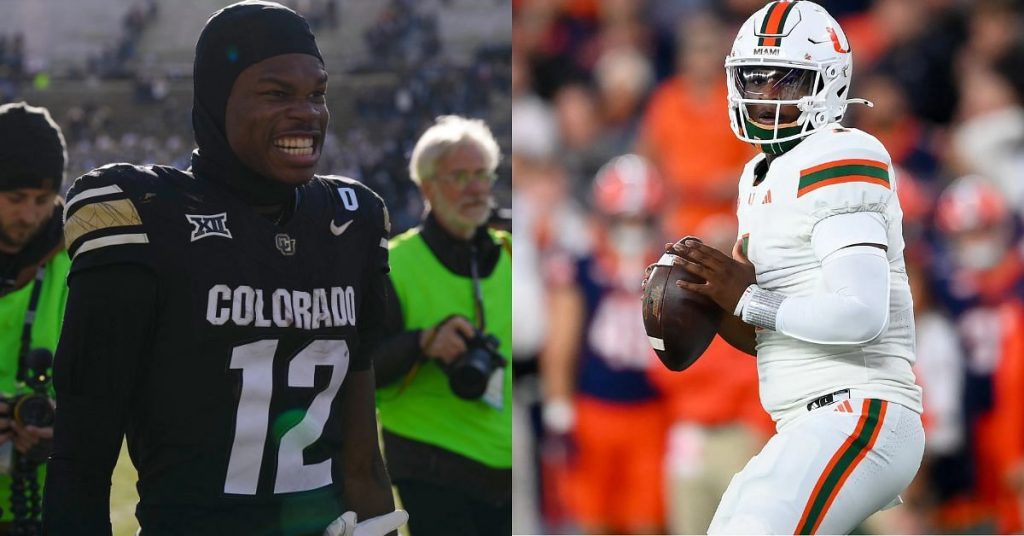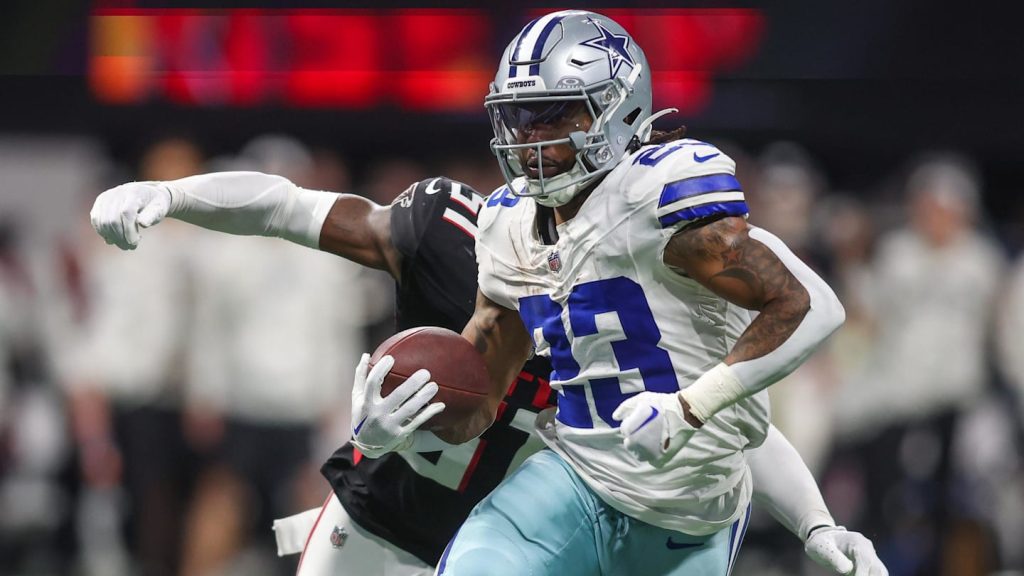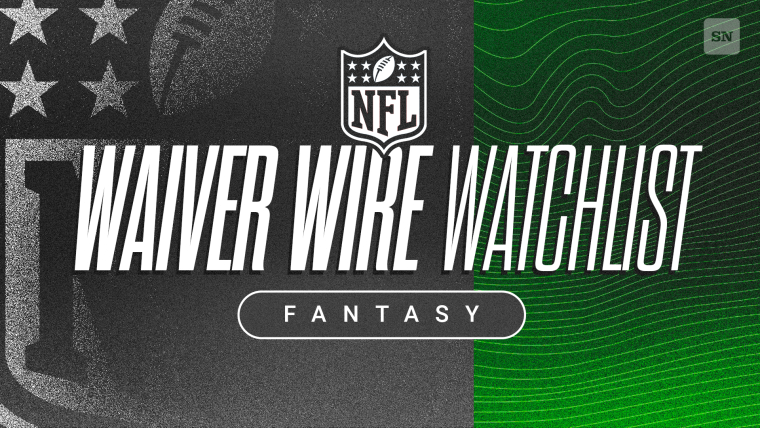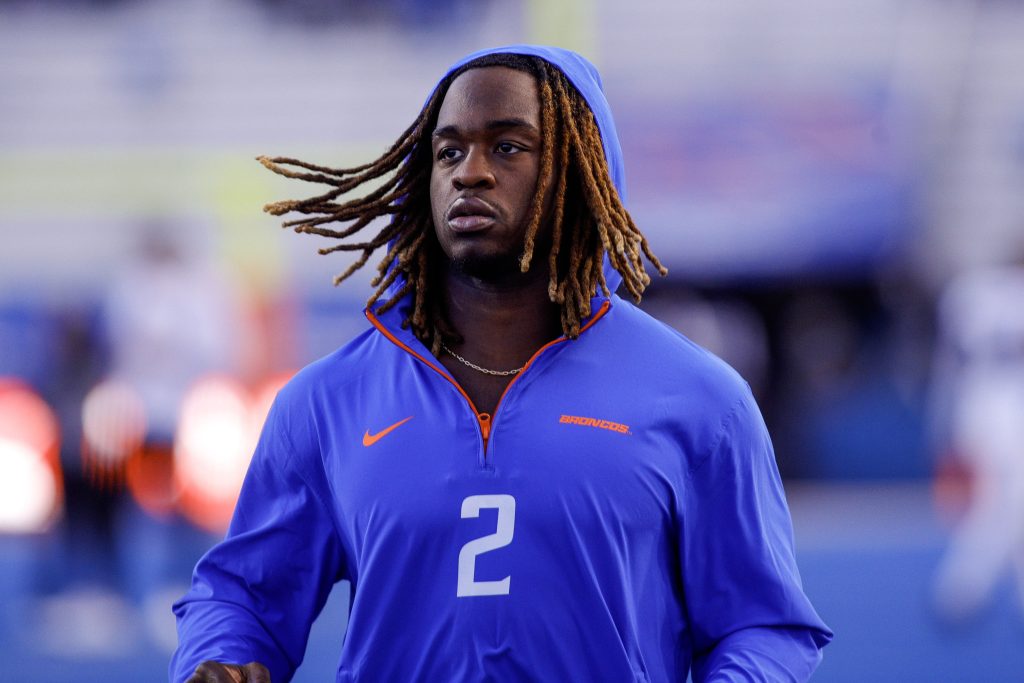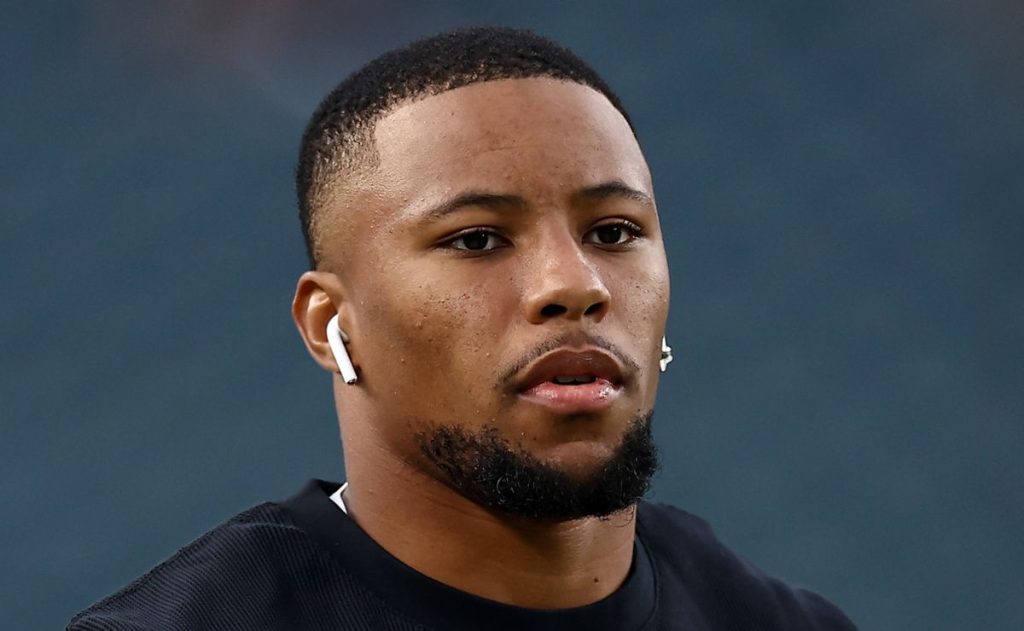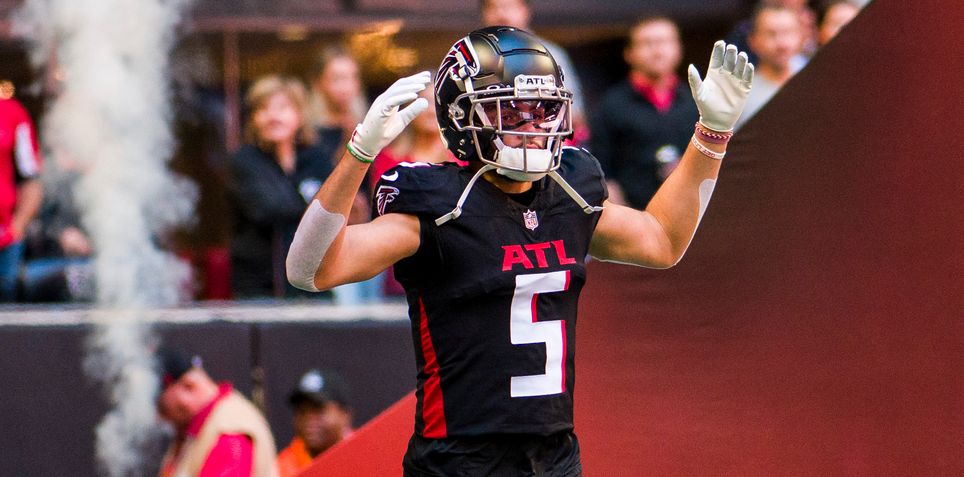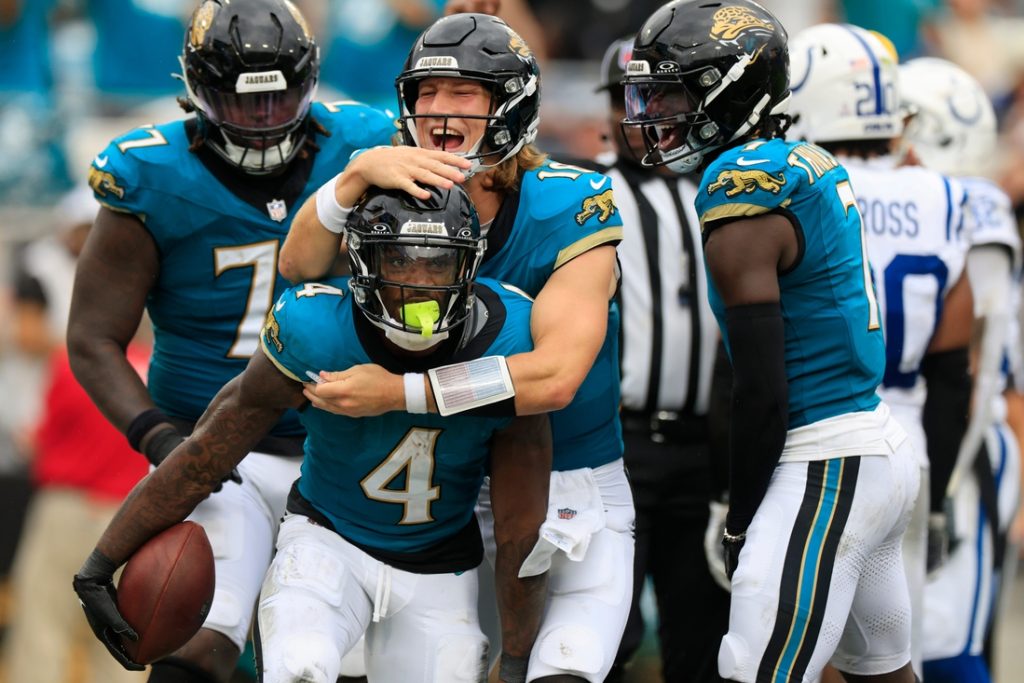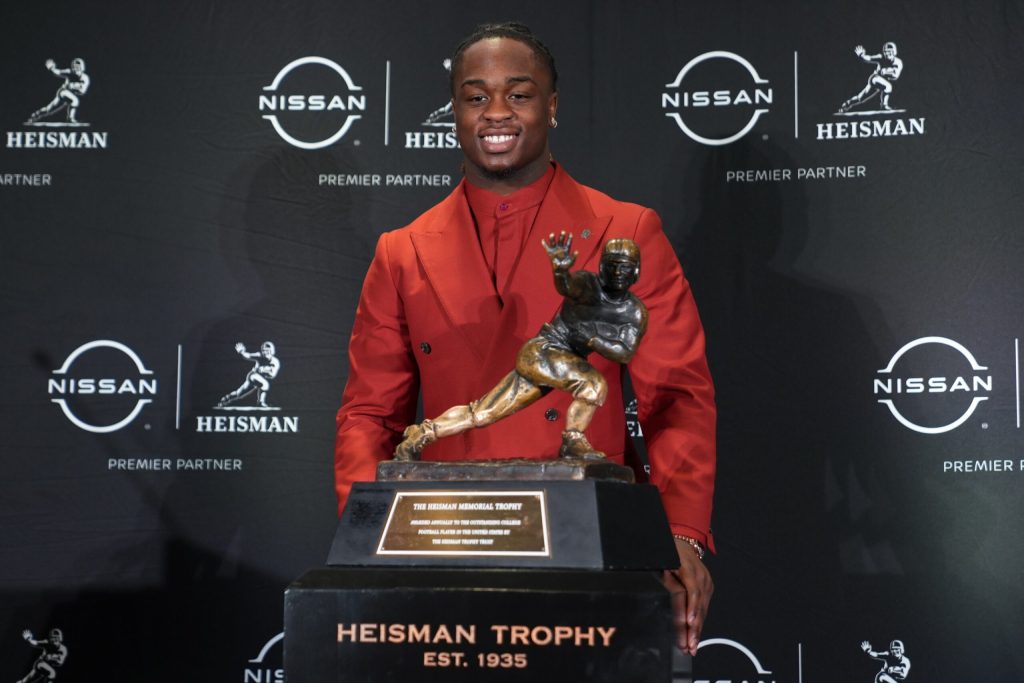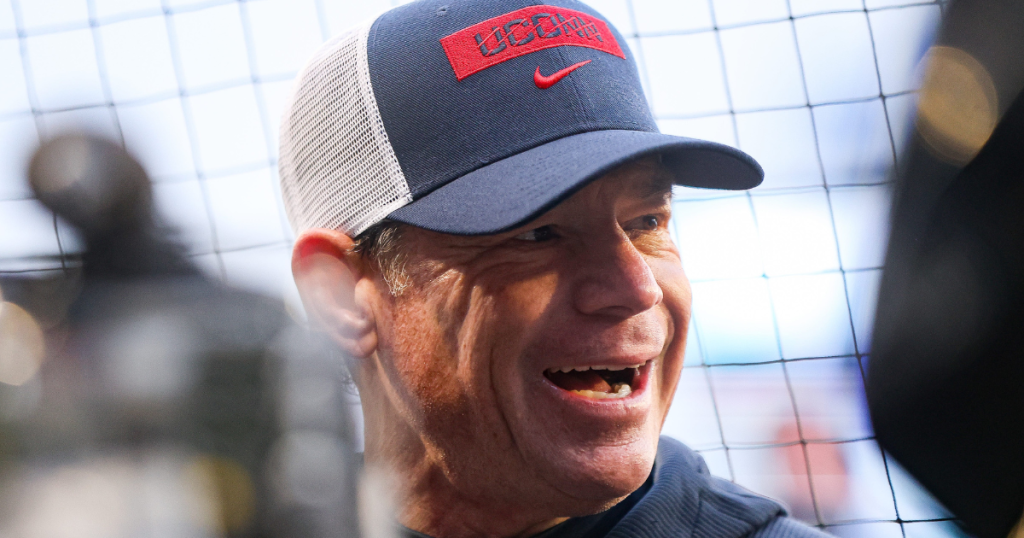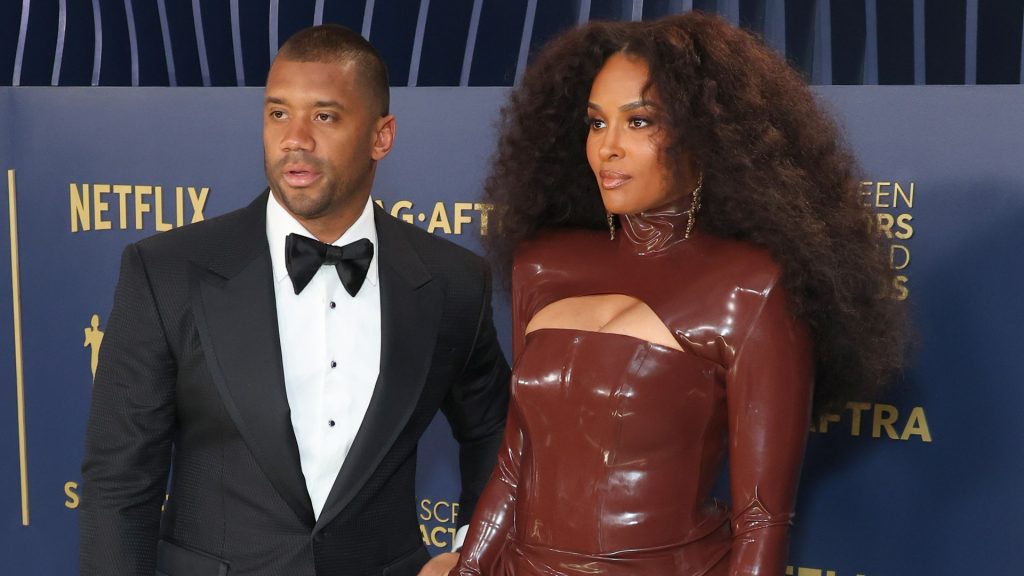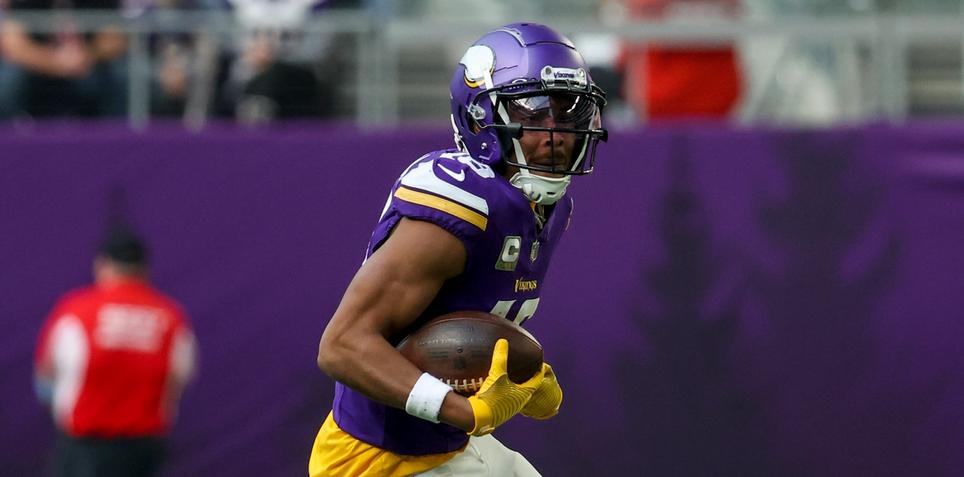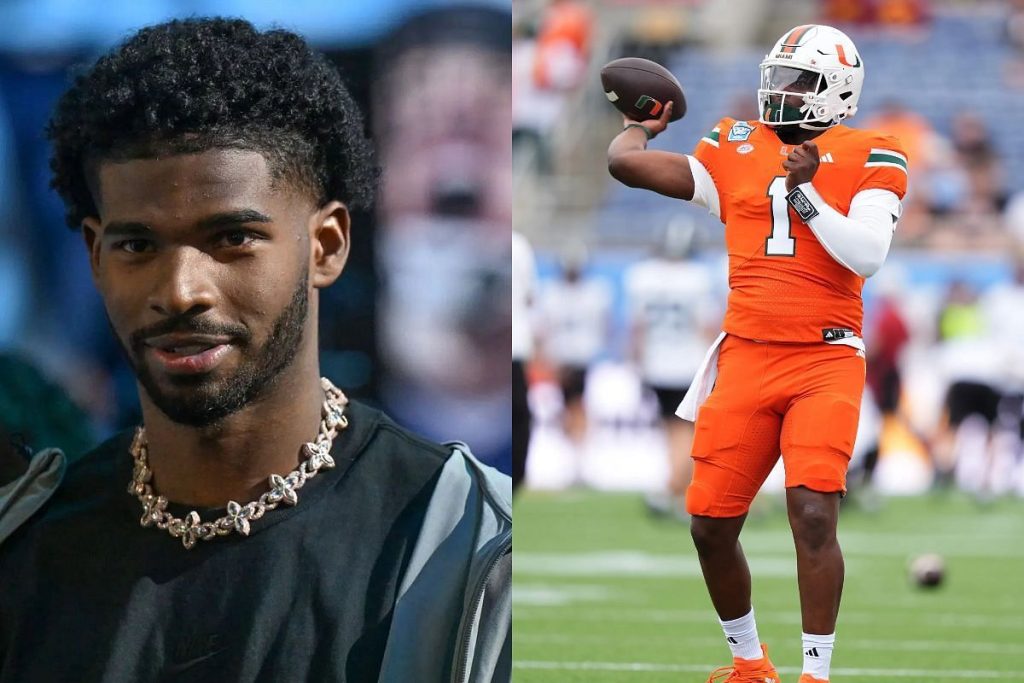Over the past few years, a notable trend has emerged in college football: players opting out of bowl games. Initially, this phenomenon was primarily seen among projected early draft picks who wanted to prepare for their NFL careers while avoiding potential injuries. However, the landscape has shifted dramatically, with everyone from first-round prospects to undrafted players choosing to sit out these games. As we approach the bowl season this year, the question arises: will this trend continue, or are we on the verge of a significant change?
The shift in player decisions
Last year marked a pivotal moment in this trend. Many players, including some who were not projected to go in the early rounds of the draft, decided to forgo their bowl games. This included high-profile quarterbacks like Caleb Williams, Jayden Daniels, and Drake Maye, who are expected to be the top three selections in the upcoming NFL Draft. Yet, it wasn’t just the stars who opted out; players like Clemson linebacker Jeremiah Trotter Jr. (a projected fifth-round pick), Joe Milton III (a sixth-round pick), and Sam Hartman (undrafted) also chose to prepare for the draft instead of participating in their school’s bowl games. Former Kansas State receiver Phillip Brooks even skipped the Pop Tarts Bowl against North Carolina State, ultimately going undrafted.
Injuries influencing decisions
The decision to opt out is often influenced by the fear of injury, especially after significant injuries to high-profile prospects like Notre Dame linebacker Jaylon Smith and Michigan tight end Jake Butt. These incidents have led many Day 2 prospects to reconsider their participation in non-title bowl games, opting instead to prioritize their health and future in the NFL. The stakes are incredibly high, and for many players, the risk of injury in a game that doesn’t directly affect their draft stock is simply not worth it.
Why fewer players will skip 2024 bowl games
As we look forward to the upcoming bowl games, a new factor is likely to influence player decisions: NIL (Name, Image, Likeness) deals. College football insiders suggest that if players opt out of their bowl games this year, they may miss out on crucial final payments from their NIL contracts. Many of these contracts stipulate that final payments are due in late December, with some even set for December 31, 2024.
The financial implications are significant. Players who choose to opt out could potentially lose out on paychecks ranging from $25,000 to $50,000, depending on the specifics of their NIL agreements. The collective, which is the pool of money used by schools to fund these NIL deals, increases the payments as the season progresses. With this financial incentive, many players may think twice before skipping their bowl games.
Star players leading the charge
Among those who have already committed to playing in their bowl games are Colorado’s Shedeur Sanders and Travis Hunter. Both players are not only focused on their team but are also likely motivated by the financial benefits tied to their NIL deals. Sanders emphasized that their decision is a “team thing,” but it’s hard to ignore the potential payday that comes with participating in these games. With both players projected to be early picks in the 2025 NFL Draft, their participation could serve as a significant boost to their visibility and marketability.
The evolving landscape of college football
The landscape of college football is changing rapidly, and the decisions players make regarding bowl games reflect broader trends in the sport. While the fear of injury has long been a factor in whether players choose to participate, the rise of NIL deals has added a new layer of complexity. As players weigh the risks and rewards, it’s clear that financial considerations are becoming increasingly important in their decision-making processes.
With the bowl season fast approaching, it will be fascinating to see how many players choose to participate versus those who opt out. Will the financial incentives of NIL deals outweigh the traditional motivations for skipping bowl games? The answer may redefine how we view player participation in college football’s postseason.
As we gear up for the bowl games, one thing is certain: the decisions made by players will have lasting implications not just for their careers, but for the future of college football as a whole. The interplay between player health, financial incentives, and team loyalty will continue to shape the narrative of college football in the years to come.
With all eyes on the upcoming bowl games, fans and analysts alike will be watching closely to see how this evolving dynamic plays out on the field. The excitement of college football is not just in the games themselves but in the stories and decisions that unfold around them. Will this year’s bowl season see a resurgence of participation, or will the trend of opting out prevail? Only time will tell.

